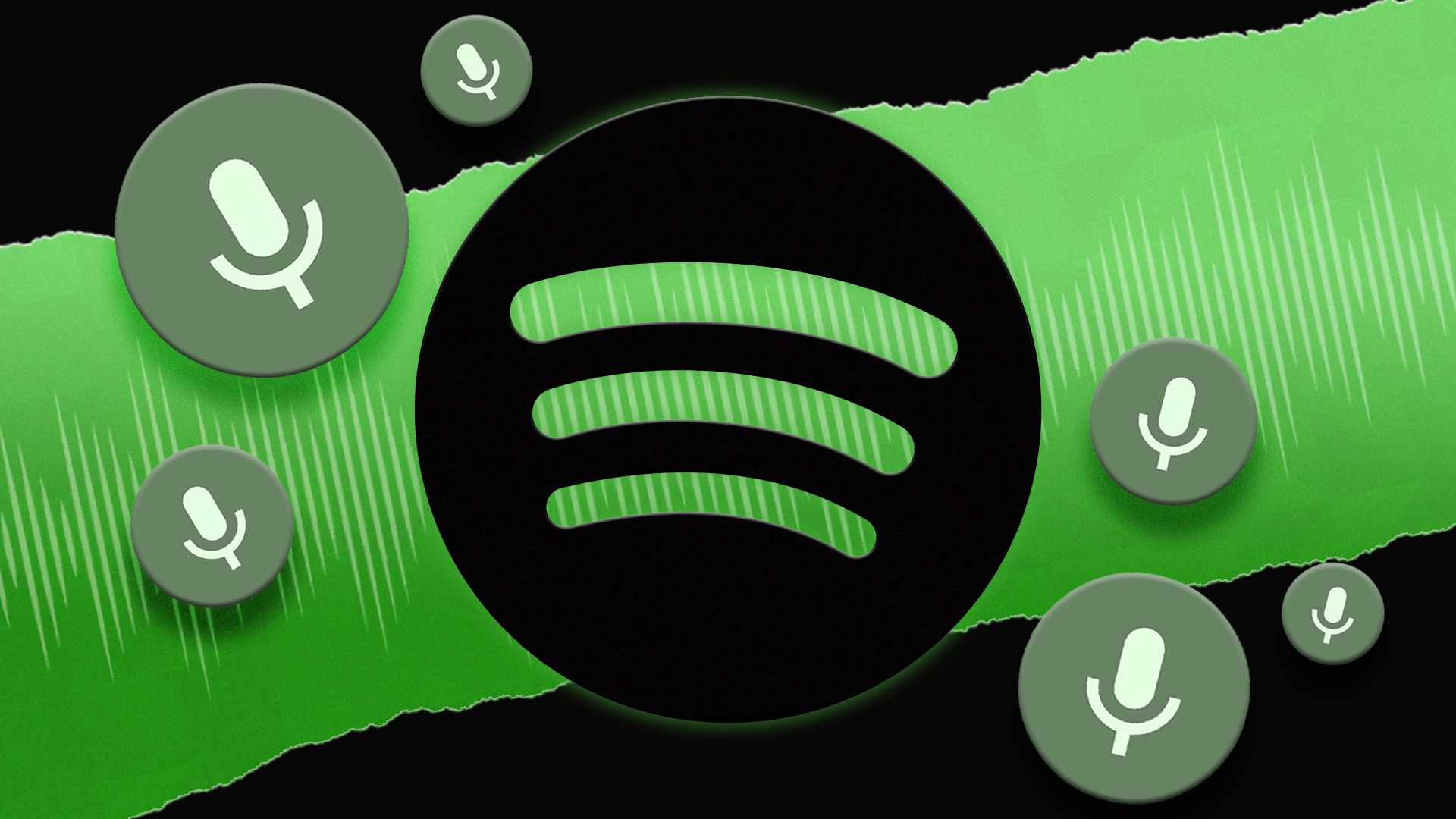Spotify could soon recommend new songs and artists based on analysis of its users voice data. Is there reason to be concerned for our privacy?
Whether you’re feeling glum, upbeat, pensive, or perhaps just a little bored, Spotify will soon recommend music to match your exact mood. Freaky eh?
After a two year wait, the music streaming giant has just been granted a patent for new technology that will soon analyse users’ voice data – including both speech recognition and background noise.
Taking into account audio cues from the environment, a person’s age or gender, accent, and emotional state, the platform is striving to tailor-make music and podcast suggestions for every subscriber in every situation. Current metrics based on listening habits and preferred genres just aren’t quite invasive enough, apparently.
2020 was a rollercoaster of emotions, and music came along for the ride. Check out some of the songs that captured Spotify listeners’ emotions on . . . pic.twitter.com/8SZbkkgZFa
— Spotify News (@SpotifyNews) January 28, 2021
Originally filed in 2018, the 11 page patent outlines Spotify’s method for ‘processing a provided audio signal,’ and then following up by ‘identifying playable content based on the processed audio signal content.’
It sounds like a load of jargon I know, but essentially this means that Spotify will pull live audio data from your smartphone, from which it will determine your current emotional state based on ‘intonation and units of speech’ and also your location type based on background cues, such as bird noises or traffic.




















